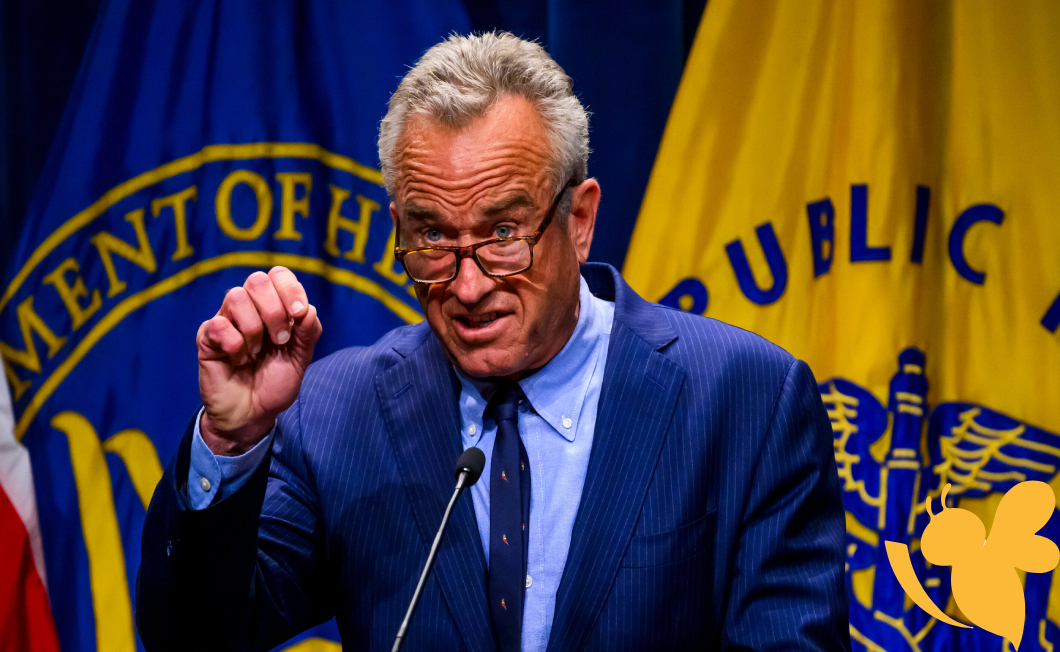Robert F. Kennedy Jr.'s recent decision to remove all members of the Centers for Disease Control and Prevention's (CDC) Advisory Committee on Immunization Practices (ACIP) has sparked considerable debate within public health circles. As Secretary of Health and Human Services, Kennedy described this "clean sweep" as a necessary measure to restore public confidence in vaccine science . However, critics argue that this action may inadvertently foster skepticism towards immunizations, undermining decades of established public health initiatives designed to protect communities from vaccine-preventable diseases .
Kennedy announced the change in an editorial in The Wall Street Journal, claiming that the “committee has been plagued with persistent conflicts of interest and has become little more than a rubber stamp for any vaccine.”
Such a claim is "deeply insulting to the many scientists who contribute countless hours to the process," said Dr. Sean O’Leary, an infectious disease expert with the American Academy of Pediatrics. "We are, in fact, a model for the rest of the world."
The Advisory Committee on Immunization Practices, known more commonly as ACIP, consists of medical and public health experts — including pediatricians, epidemiologists and geriatricians — who make recommendations to the CDC about who should get certain vaccines, including the schedule for childhood vaccinations. Several times a year the committee holds public meetings where data is presented and reviewed.
Members of ACIP, who undergo an extensive vetting process before they are appointed, are required to disclose conflicts of interest and recuse themselves from voting on vaccines for which conflicts exist. The CDC released a database in March of some members’ previous work on clinical trials or vaccine research funded by drug companies, but much of the information was already public. Many public health experts argue that past associations with the pharmaceutical industry are relevant and valuable expertise for ACIP members, as long as conflicts are disclosed.
The implications of such a drastic overhaul are significant. By appointing new committee members who align more closely with his views on vaccines, Kennedy risks compromising the scientific integrity that has historically guided ACIP's recommendations . Critics from various medical organizations have voiced concerns that this shift could weaken essential checks and balances within vaccine policy-making processes, potentially leading to misguided public health decisions .
As it stands, the future composition of ACIP remains uncertain. The selection criteria for the new appointees will be crucial in determining whether they prioritize evidence-based medicine or reflect a more skeptical stance toward vaccinations . This pivotal moment not only reflects Kennedy's personal beliefs but also raises broader questions about the governance of public health in an increasingly polarized environment.
Read more
Trump escalates National Guard presence amid LA protests and police standoff Parker Solar Probe Observes Intense Magnetic Eruption Aimed at SunSara H
Also on site :
- Human-sized Labubu doll sells for staggering amount at auction
- Justin Baldoni’s lawyer says Blake Lively’s ‘declaration of victory is false’ after judge tosses $400 million lawsuit
- Shuttered, historic San Francisco building to reopen to the public

